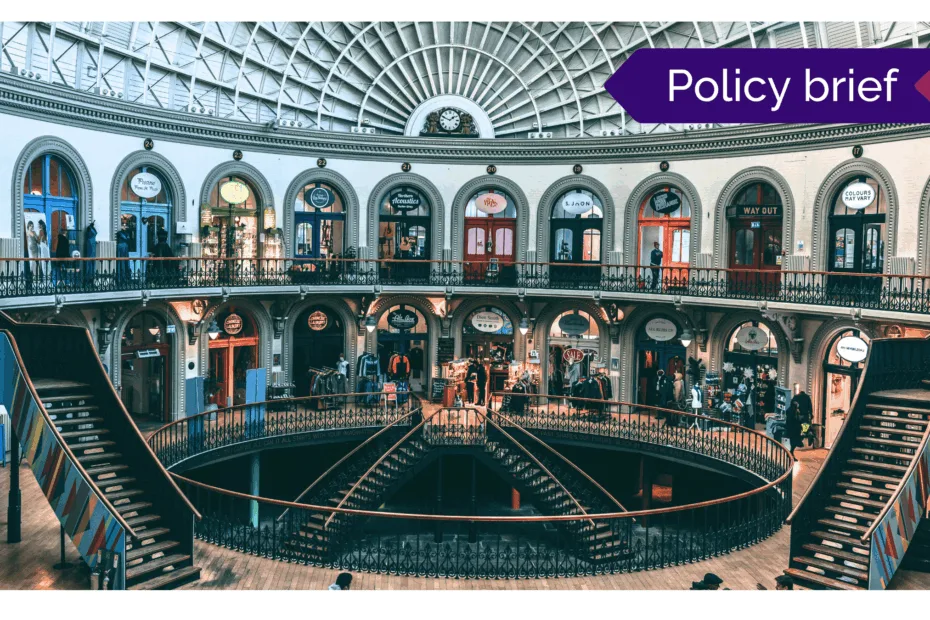The Northern Creative Corridor is an initiative aimed at connecting creative clusters across Northern England to drive regional growth in the creative industries. Led by a coalition including the Royal Society of Arts, Creative PEC, Arts Council England, the BBC, and several Northern Mayors, the project seeks to develop a pan-regional strategy leveraging national and devolved powers.
Previous analysis – Northern England’s Creative Industries – suggests that if the creative industries’ contribution to gross value added (GVA) in the North were to rise to half that of London and the South East’s share, it could boost GVA by up to £10 billion by 2030. The initiative draws inspiration from similar projects like Canada’s Innovation Corridors and the UK’s Thames Estuary Production Corridor.
Key Insights:
The policy brief summarises insights from workshops held between November 2023 and February 2024, involving over 70 stakeholders from industry and government. The workshops focused on four key areas:
1 – Skills Development:
- Need for raising awareness of creative careers in schools
- Developing flexible technical education and continuous professional development opportunities
- Exploring regional strategies for creative industries apprenticeships
2 – Access to Finance:
- Scaling up existing place-based funding opportunities
- Attracting venture capital and angel investors to Northern creative industries
3 – R&D and Innovation:
- Developing new definitions and metrics for assessing creative R&D processes
- Building on existing funding opportunities for innovation and R&D
- Simplifying application processes for SMEs and freelancers
4- Arts, Culture, and Heritage:
- Addressing funding shortages in the sector
- Showcasing the region’s strengths
- Improving working conditions for freelancers
Policy Ideas:
The workshops generated several policy intervention ideas, including:
- Scaling up creative careers outreach programs
- Creating a pan-regional training brokerage service
- Developing tax incentives to retain skilled workers in the North
- Convening Northern creative firms to attract private investment
- Adopting broader definitions of R&D that recognize creative industries
- Creating regional R&D grants and innovation funds
- Implementing a ‘creative tourist tax’ to fund local initiatives
- Establishing an umbrella body to support freelancers across the North
Next Steps:
The policy brief is intended as a starting point for further development rather than definitive recommendations. The insights and ideas presented will inform the development of a workplan for the Northern Creative Corridor.
Stakeholders are encouraged to build on these initial concepts, potentially through further consultation and research. The next phase may involve prioritising and refining the policy ideas, assessing their feasibility, and developing more detailed implementation plans.
As the initiative progresses, continued collaboration between industry, government, and academic partners will be crucial to realising the potential of a Northern Creative Corridor and unlocking significant economic growth in the region’s creative industries.
